The Health Equity Policy & Advocacy Clinic – Environmental Justice (EJ) Division’s students Anna Aguilar, Sidney Lee, Jaylah Richie, and Emma Stinson successfully drafted and submitted comments to the Department of Housing and Urban Development (HUD) on behalf of 20 organizations, associations, and individuals. The comments respond to the lowering of the definition of elevated blood lead level (EBLL) in the Lead Safe Housing Rule (LSHR) to match the current Centers for Disease Control and Prevention (CDC) blood lead reference value. The Clinic’s submission combines environmental justice, housing justice, and health equity principles and standards to argue for the protection of children from lead hazards. Specifically, the Clinic pointed out HUD’s significant delay in adopting the CDC reference value and urged HUD to engage in primary prevention to protect vulnerable children from lead poisoning and its permanent harm.
The students conducted legal and public health research and analysis, and stakeholder outreach activities. To prepare the comments, they answered administrative law questions, analyzed statutory language, reviewed scientific data, reached out to experts, created fact sheets, and collaborated with the Clinic’s partner organizations to review their findings and receive feedback. The students also alerted nonprofits and encouraged submissions that urged HUD to follow health-based and environmental justice best practices. The students’ outreach prompted many organizations to join their comment or send in their own comment that incorporated the Clinic comment by reference. In addition, GW Law and Medical School student groups joined the comment.


